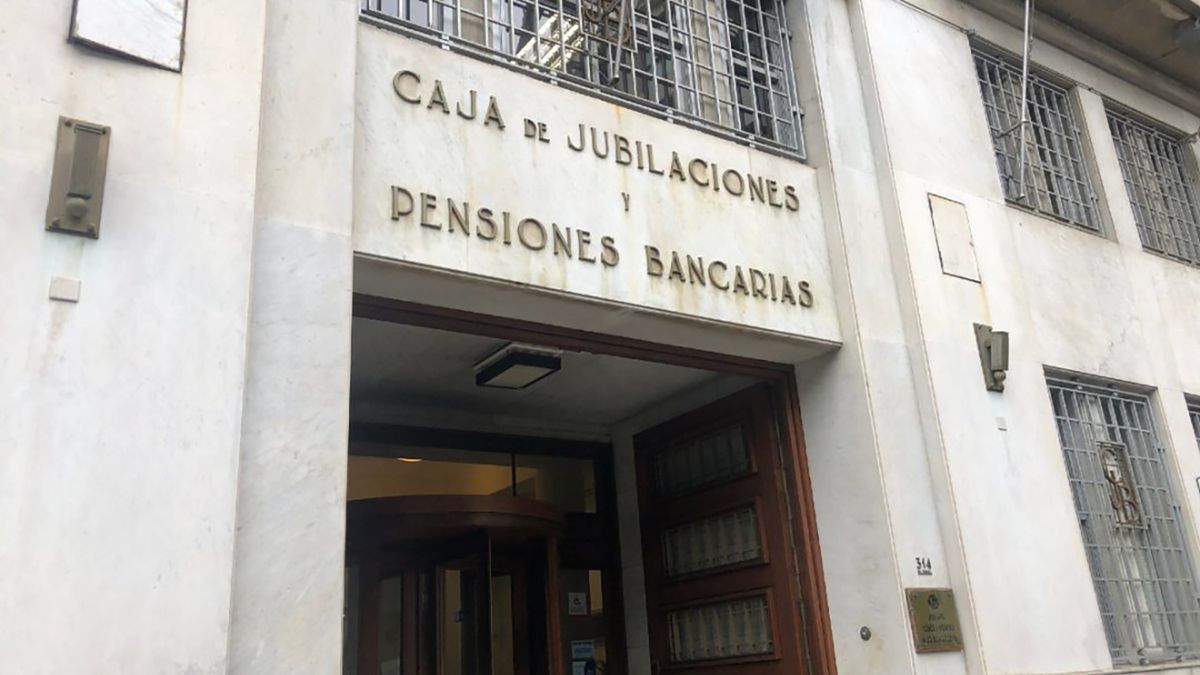The union called to “defend our social security institute”, for which they foresee a rescue cost of US$900 million.
The Association of Bank Employees of Uruguay (AEBU) will hold an assembly next week to define a position on the social security of the sector in Uruguay and the future of Bank Retirement and Pension Fund, which should be decided soon due to the critical financial situation that the institution is going through.
The content you want to access is exclusive to subscribers.
Next Tuesday, the antel arena It will be the scene of the assembly that will be held by AEBU, with time running out to be able to do something about the crisis of the bank account, after long weeks of negotiation between the different actors involved —representatives of the pension institution, the Executive Power and the trade union. In this sense, the union delegations were touring the headquarters of private banks to internalize workers on how the talks on the issue are progressing.


“It is important that we all know that on August 22 we are all going to have to go to defend our social security institute”, the leader of the union told the union website Central Council Pablo Báez, given the evident closeness of a decision, given the urgency with which actions must be taken regarding the Caja Bancaria.
This is because the Constitution establishes a deadline in relation to the national elections for the Parliament approve bills that contain tax and social security changes. Taking this into account, the time limit for the bank social security institute expires on 30th of Octoberso by that date, the solution —which has not yet been reached— must already have been voted on and turned into law.
One of the issues that delays the decision between the parties is the cost of saving the Caja Bancaria. For AEBU, it should be of 900 million dollars.
For private banks, the deficit of the Caja Bancaria will reach 1,000 million dollars
The Association of Private Banks of Uruguay (ABPU)for their part, have been questioning the “very high retirement contributions” and the “high labor costs” in the sector, and assured that the current situation of the Caja Bancaria will lead to a deficit of 1,000 million dollars in 15 years for the institution.
The main criticism is the employer’s contribution of the banks 25.25%, higher than the general regime of 7.5%, not counting the Employer Complementary Benefit (PCP). “Between both items, private banks made in 2022 a contribution equivalent to 47%, more than six times more than what the rest of the Uruguayan companies contribute”, they questioned.
The private banks considered that the crisis of the Caja Bancaria was “foreseeable” and they regretted that “the banks that understand it, promised to contribute several tens of millions of additional dollars, provided that a path of sustainability”.
Regarding their position, they insisted that one must “contribute with a basic solution” and they asked that “long-term sustainability” be guaranteed to prevent it from being resolved through a “financial patch.”
Source: Ambito




